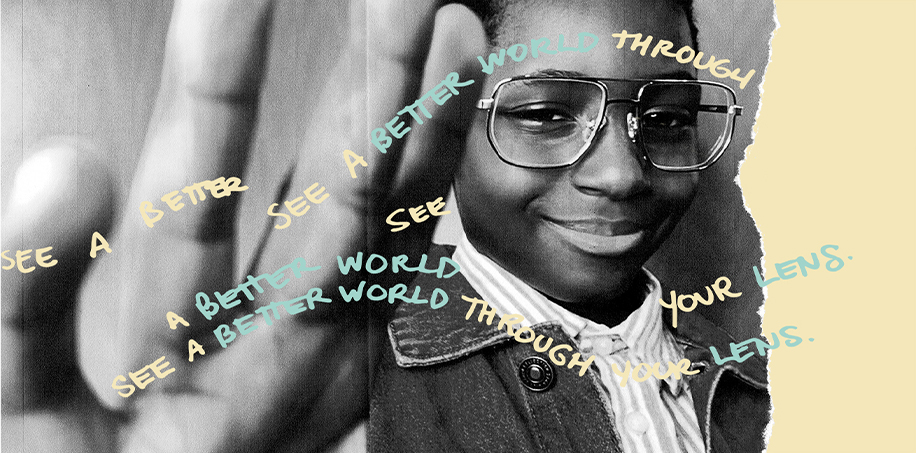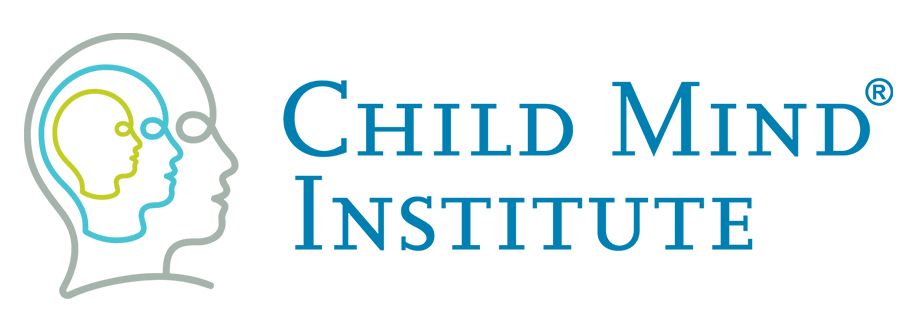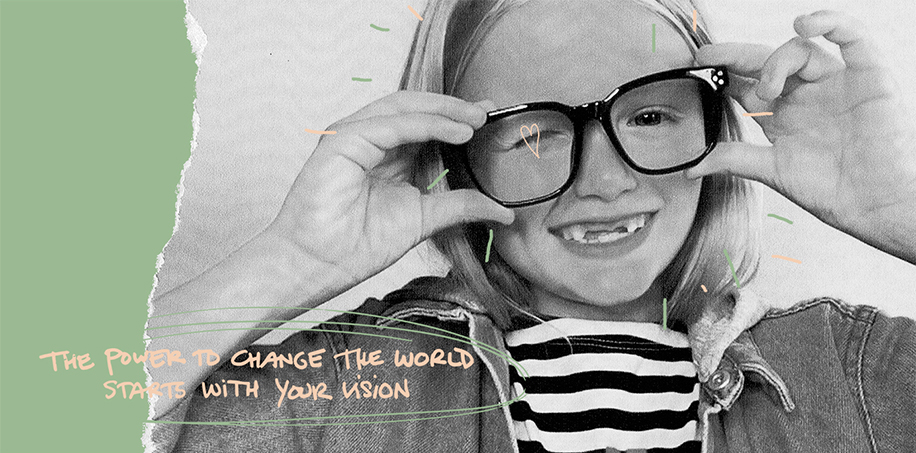Planet CB Supports Kids’ Mental Health

Have you seen our new kids’ eyewear collection Planet CB by Coco and Breezy x Zenni? A collaboration unlike any we’ve done before, we created it to encourage conscious kids to break free from the norm and celebrate individuality, positivity, and self-expression. Each pair of Planet CB glasses is named with a positive affirmation to help kids feel good!
As we developed this collection, we talked with Coco and Breezy and agreed it was important to support an organization that shares the same values as Planet CB. The mental health and well-being of children is something Coco + Breezy and Zenni are particularly passionate about. Together, we’re donating a portion of proceeds from Planet CB purchases to the Child Mind Institute’s Healthy Brain Network. The funds donated will help ensure that youth of Black communities have greater access to mental health services and resources.

Why Black Kids’ Mental Health
As Black women who experienced systemic racism and bullying as kids, Coco and Breezy have made it their mission to support other Black children by working with the Child Mind Institute.
“Mental health was usually an unspoken subject as there is stigma in the Black community. With all of the trauma the Black community has endured, mental health should be at the forefront of the conversation and this needs to start with kids. For this reason, we are so excited to partner with the Child Mind Institute’s Healthy Brain Network and bring more mental health resources to kids in Black communities.”

The Healthy Brain Network
The Healthy Brain Network’s goal is to seek out biological markers of mental health disorders in what will be the largest-ever database on the developing brain. On a local level, the Healthy Brain Network has already enrolled 4,450+ children, who also receive diagnostic evaluations at no cost as part of the study. Their goal is to enroll 10,000 kids in total. On a global scale, the data collected will help scientists better understand mental health in children and improve diagnosis and treatment.
Learn more about the Healthy Brain Network’s services and the no-cost mental health and learning evaluations in the New York City region.
#MyYoungerSelf Campaign
The Child Mind Institute recently named Coco and Breezy as Child Mind Institute Champions for their support and invited them to participate in the #MyYoungerSelf celebrity social media campaign.
Importance of Mental Health Care for Kids
Mental health disorders are the most common illnesses kids face. According to the Child Mind Institute, one in five children struggle with a mental health or learning disorder– and nearly two-thirds never receive care. In addition, by adolescence more than 30% of kids will have had a diagnosable anxiety disorder, increasing risk of later depression, school failure, substance abuse, and suicide. That’s why the Child Mind Institute is dedicated to transforming the lives of children and families struggling with mental health and learning disorders.

Tips for Helping Your Child With Anxiety
Starting a dialogue around mental health with your child can feel tricky to navigate. But the more open you are, the more empowered they will feel to talk about what they are experiencing. Below are some tips provided by the Child Mind Institute on how to help your child handle anxiety, particularly as they start a new school year.
- Ask open-ended questions around how they are feeling. For example, “What was the toughest part of your day today?”
- Name the feelings. Help your child find the right words to be specific about what they are feeling. For little kids, a feelings chart can help.
- Don’t avoid things just because they make a child anxious. Helping children avoid the things they are afraid of will make them feel better in the short term, but reinforce the anxiety in the long run.
- Express positive—but realistic—expectations. You can’t promise a child that their fears are unrealistic, but you can express confidence that they’re going to be okay. As they face fears, their anxiety level will drop over time.
- Respect their feelings, but don’t empower them. It’s important to understand that validation doesn’t always mean agreement. The message you want to send is, “I know you’re scared, and that’s okay, and I’m here, and I’m going to help you get through this.”
- Encourage the child to tolerate their anxiety. Let your child know that you appreciate the work it takes to tolerate anxiety in order to do what they want or need to do.
- Think things through with them. For some kids, having a plan can reduce the uncertainty in a healthy, effective way. Talk through what would happen if a child’s fear came true—how would they handle it?
- Try to model healthy ways of handling anxiety. There are multiple ways you can help kids handle anxiety by letting them see how you cope with anxiety yourself. Let them hear or see you managing it calmly, tolerating it, and feeling good about getting through it.
- Practice echoing: Repeat or paraphrase what your child is saying. This is reinforcing and lets them know that they’ve been heard and understood. For kids who speak very quietly, repeating what they say also helps them participate in bigger groups.
- Don’t avoid questions you can’t answer. Given how much uncertainty there is, try to be comfortable saying “I don’t know.” Teaching children how to tolerate uncertainty is key to reducing anxiety and helping them build resilience.
You can learn more about the Child Mind Institute and the Healthy Brain Network’s community-based research and find valuable mental health resources here.


 Canada
Canada